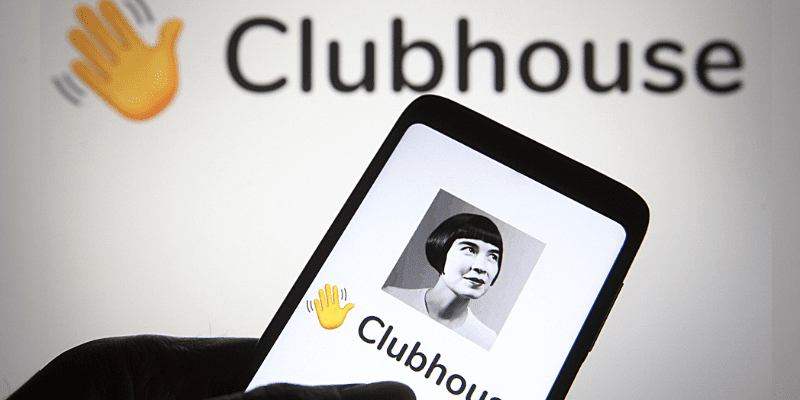Clubhouse Lays 50% Staff As An Attempt To Reset The Business In Post-Covid Era.
Clubhouse drew the attention of an exclusive group of venture capitalists, but users plummeted not long after its buzzy launch.

The Clubhouse is undergoing a significant reboot, with the once-popular audio-live streaming social app cutting off more than half of its employees in what creators believe is an essential strategy shift. The founders, Paul Davison and Rohan Seth, revealed the layoffs in a recent memo to workers, stating that they decided reluctantly since the company has years of runway remaining and does not feel imminent urgency to cut expenses. However, the company believes that a minor team will provide them with greater focus and speed, allowing them to launch the next evolution of the product.

According to Davison, Clubhouse, situated in San Francisco, had close to 100 workers.
The firm has apparently secured $110 million in investment and is valued at $4 billion. Venture capital companies Andreessen Horowitz (a16z) and Kortschak Investments are among the investors. According to a 2021 claim, Twitter was discussing purchasing the firm for $4 billion before Elon Musk’s takeover.
The company’s founders stated that they would not make this modification unless they felt it was absolutely required. Nevertheless, Clubhouse, which debuted in April 2020 at the start of the worldwide COVID pandemic, quickly gained momentum for its live audio chats, prompting Facebook, Spotify, and Twitter to follow suit.
The need for layoff.
According to Davison and Seth, as the globe has expanded post-Covid, it has become more difficult for many people to find their Clubhouse friends and squeeze extended chats into their everyday life. As a result, the product must evolve in order to find its usage in the world. This necessitates a period of transition. The organisation must reset, remove jobs, and reduce to a smaller, product-focused crew to correct this.
The founders did not elaborate on their concept for “Clubhouse 2.0,” but they did say that reducing the personnel will allow a “leaner” team to speed development.

According to the memo from the founders, the firm will pay severance until the end of April, plus four months of compensation through the end of August. It is also hastening the vesting of stock options so that they are entirely vested by August 2023. In addition, the corporation has said that it will provide severance money, equity acceleration, healthcare, laptops, career help, and immigration assistance to employees affected.
Davison and Seth stated, “The firm will always be grateful for the role that each of their team members has played in building the firm, and they would rehire any of them in a second if they could.” The objective is to rebuild and gain the right to do so one day.
Among other collaborations, the company signed a deal with the NFL two years ago to provide exclusive live content for the 2021 NFL Draught app.
During the pandemic lockdowns in 2020, Clubhouse was originally presented as an invite-only area. During this time, the app’s downloads skyrocketed as users sought remote ways to socialise with their friends. However, Clubhouse has struggled to stay relevant, with Twitter Spaces gaining dominance in the audio-only space. The firm created “Houses” in August of last year to keep up with the fast-changing technological world. Users may utilise this feature to build specialised chat rooms where they can engage with new individuals in a more personal environment through their current social networks.
Conclusion.
Clubhouse drew the attention of an exclusive group of venture capitalists, but users plummeted not long after its buzzy launch. At the height of the Covid-19 pandemic, celebrities like Oprah and Elon Musk were drawn into long audio conversations with 100s of people on the app. However, user numbers plummeted once the lockdowns were lifted, and the startup’s strategy was altered.

When users initially came to Clubhouse, they discovered a feeling of community, but they also brought some of the internet’s less desirable elements, such as hate speech, especially anti-Semitic material, and an undisciplined lack of moderation. But as the world opens and people start meeting each other physically, and not virtually, the firm’s model needs to be restructured.



